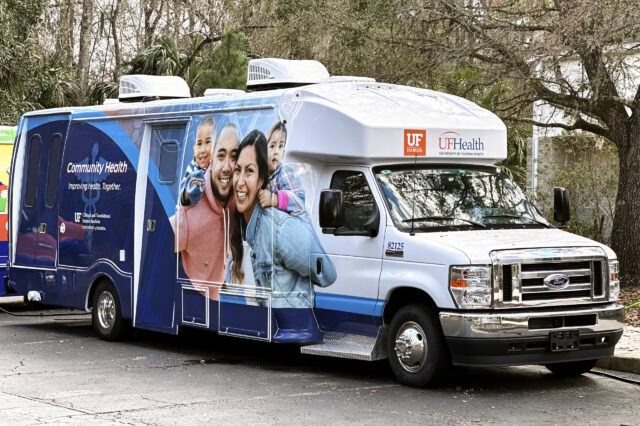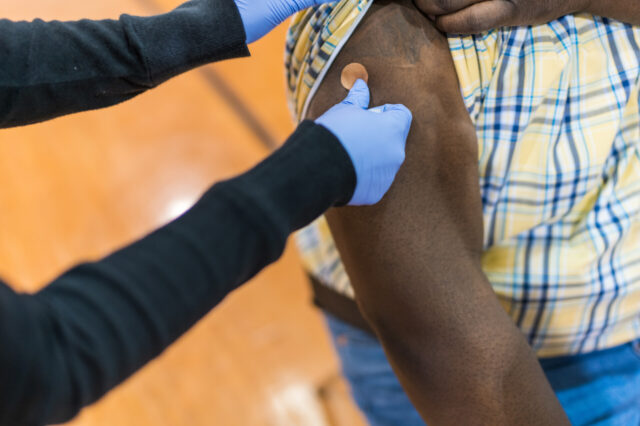Definition
The human papillomavirus (HPV)
vaccine protects against six types of cancer including cervical, vaginal, penile, vulvar, anal and oropharyngeal (head and neck). In the United States, 34,000 cancers each year are caused by HPV: 20,600 cancers occur among women and 13,400 occur among men. The HPV vaccine can also prevent genital warts in both men and women.
Alternative Names
Vaccine - HPV; Immunization - HPV; Gardasil; Gardasil9; HPV2; HPV4; HPV9; Vaccine to prevent cervical cancer; Genital warts - HPV vaccine; Cervical dysplasia - HPV vaccine; Cervical cancer - HPV vaccine; Cancer of the cervix - HPV vaccine; Vaccination - HPV vaccine
Information
HPV infections are so common that nearly everyone will get HPV in their lifetime. About 14 million people in the United States become infected with HPV each year. HPV is spread through skin-to-skin contact such as vaginal, anal or oral sex. Sometimes these HPV infections can cause genital warts or cancers of the:
- Cervix, vagina and vulva in women
- Penis in men
- Anus in women and men
- Throat, base of the tongue or tonsils in women and men
The HPV vaccine protects against HPV infections, especially the ones most likely to cause cancer.
The vaccine does not treat cancer, and therefore, needs to be received before getting infected.
Who should get the vaccine:
It is recommended that boys and girls receive two doses of the HPV vaccine between the ages of 11 and 12. The second dose is recommended to be received 6 to 12 months after the first. HPV vaccination can be started as early as age 9 years. People may receive the vaccine until they reach age 45 years, but if someone gets the first dose after age 15, they need to receive 3 vaccines given over a 6-month period.
If your teen hasn’t gotten the vaccine yet, talk to his/her doctor about getting it as soon as possible.
If you are between the ages of 27 and 45, talk to your health care provider to see if you are a good candidate for the HPV vaccine. People who may have new sexual contacts in the future and could be exposed to HPV should consider the vaccine. HPV vaccination in this age range provides less benefits, as more people have already been exposed to HPV.
The HPV vaccine is given as a two-dose series to boys and girls 9 through 14 years old:
- First dose: now, if your child is in the 9 to 14-year-old age range
- Second dose: 6 to 12 months after the first dose
The vaccine is given as a 3-dose series to people 15 through 45 years old, and to those who have weakened immune systems:
- First dose: now, if your child is in the 15 to 26-year-old age range or after consultation with your doctor if you are in the 27 to 45 year age range.
- Second dose: 1 to 2 months after the first dose
- Third dose: 6 months after the first dose
The HPV vaccine is not recommended for pregnant women although there have been no problems found in women who received the vaccine during pregnancy before they knew they were pregnant.
The HPV vaccine is preventing cancer:
- In a study of 1,672,983 girls and women, the risk of cervical cancer was 88% lower among girls vaccinated before 17 years than among those never vaccinated. See study.
- In a review of studies that included 60 million girls and women with 8 years of post-vaccination data, HPV infections decreased 83%, genital warts decreased 67%, and cervical pre-cancers decreased 51%. See study.
- Among 301 vaccinated boys with 8 years of post-vaccination data, there were only three HPV infections and no cases of genital warts or penile pre-cancers. See study.
The HPV vaccine is very safe:
- Over 12 years of monitoring have shown the HPV vaccine is very safe.
- Common side effects are:
- Very rarely people have severe pain in the shoulder or difficulty moving the arm that received the shot. This completely recovers without medical intervention.
- Similar to other vaccines, 1 in a million have a severe allergic reaction. Tell your doctor if you or your child has an allergy to latex or yeast.
- 9 of 10 experience soreness where the shot was given
- 3 of 10 experience swelling or redness where the shot was given
- 3 of 10 experience a headache
- 1 of 10 experience a mild fever (100 degrees Fahrenheit)
- 1 of 50 experience fainting. To prevent fainting, individuals should be seated or lying down during vaccination and remain in that position for 15 minutes after the vaccine is given.
- 1 of 65 experience a moderate fever (102 degrees Fahrenheit)
What else to think about:
Girls and women should still receive regular gynecological screenings (
Pap test) to ensure health and look for precancerous changes and early signs of cervical cancer.
There are no screening tests for the other types of cancer caused by HPV.
The HPV vaccine does not protect against other infections that can be spread during sexual contact.
Talk to your provider if:
- You want to get the HPV vaccine.
- You have additional questions or any concerns about the HPV vaccine.

